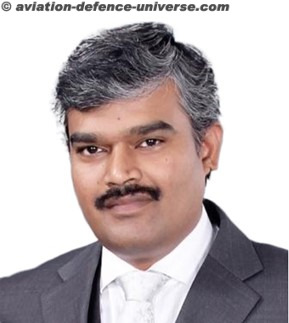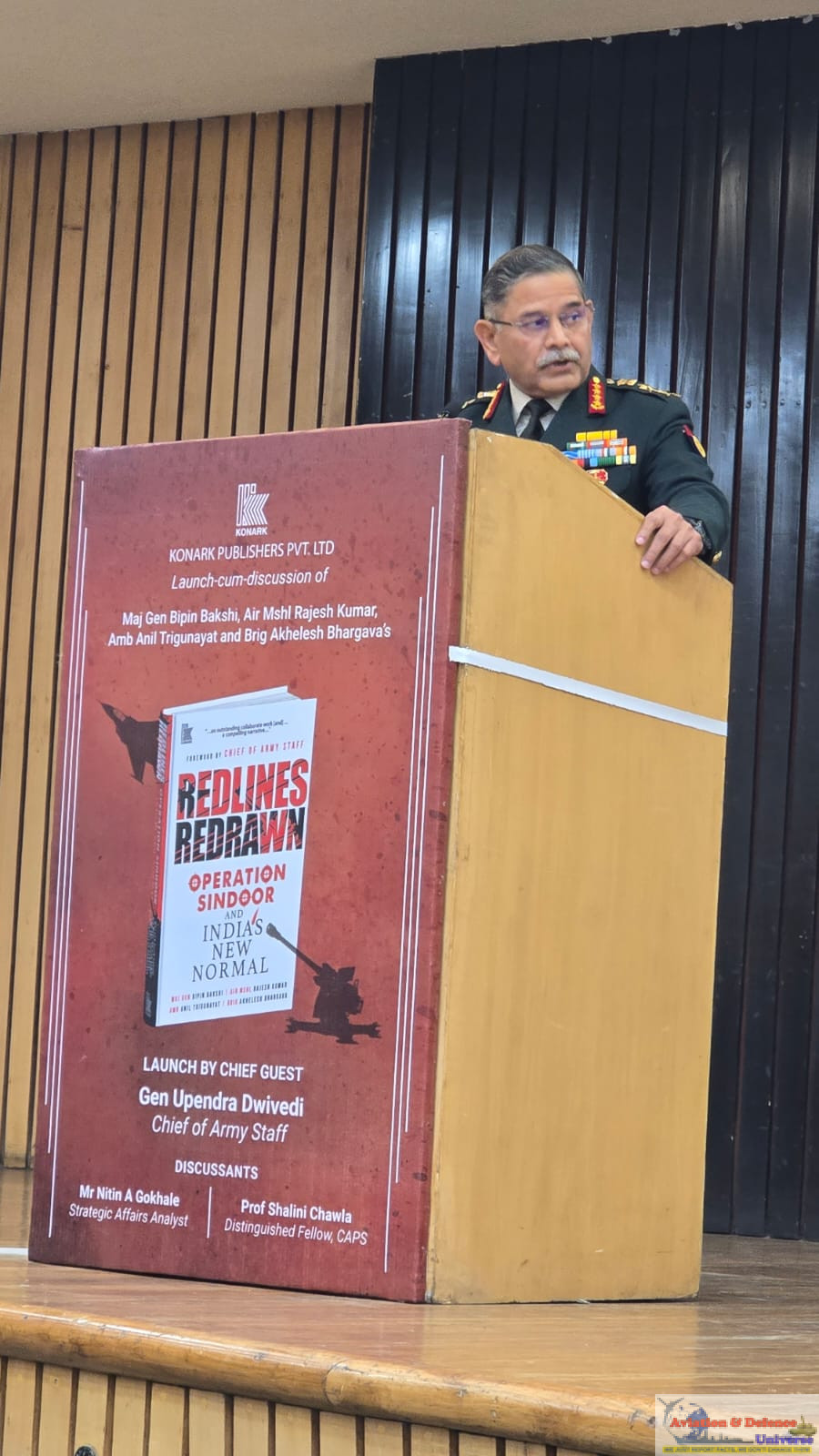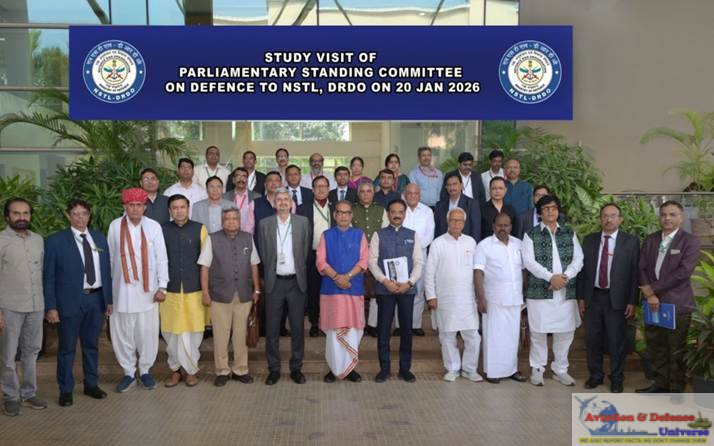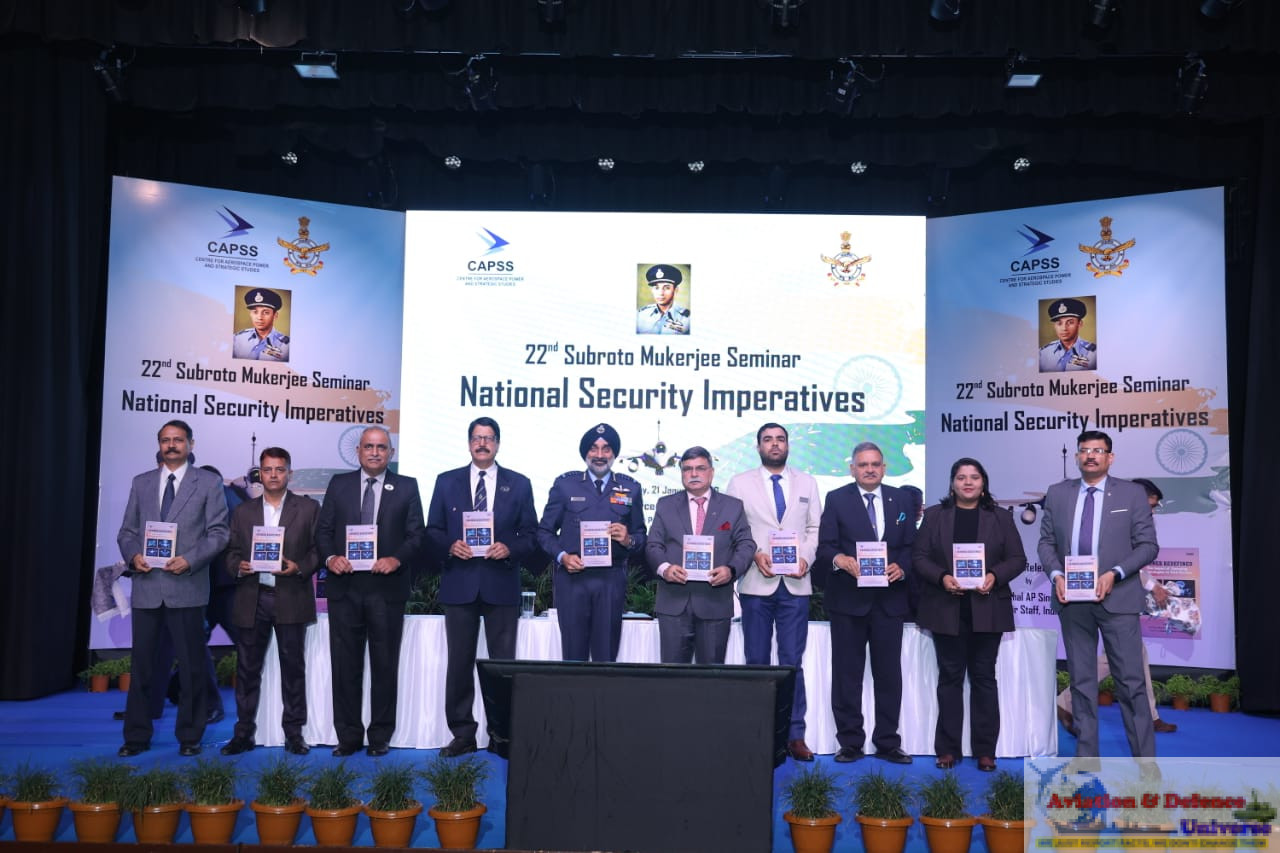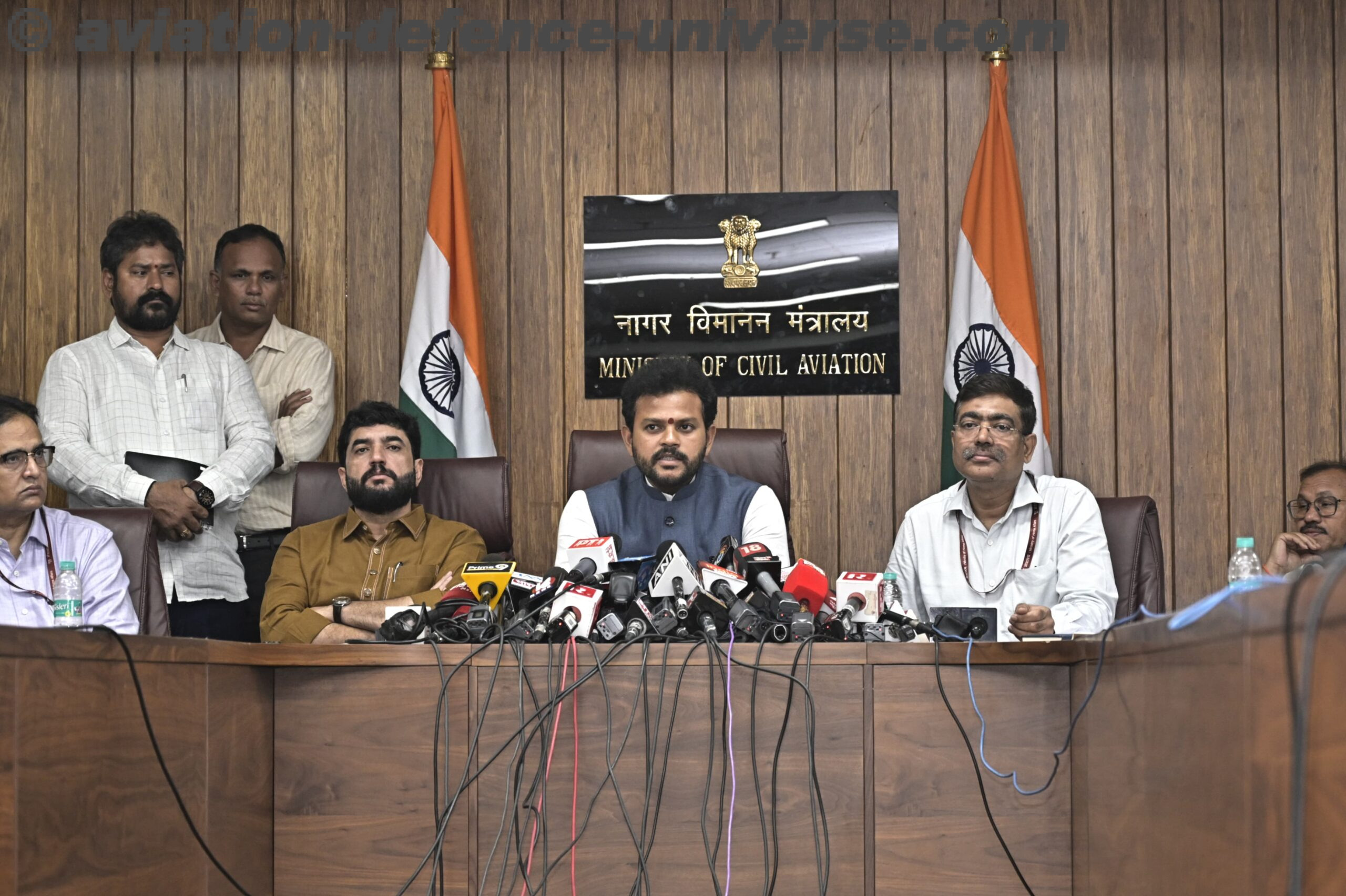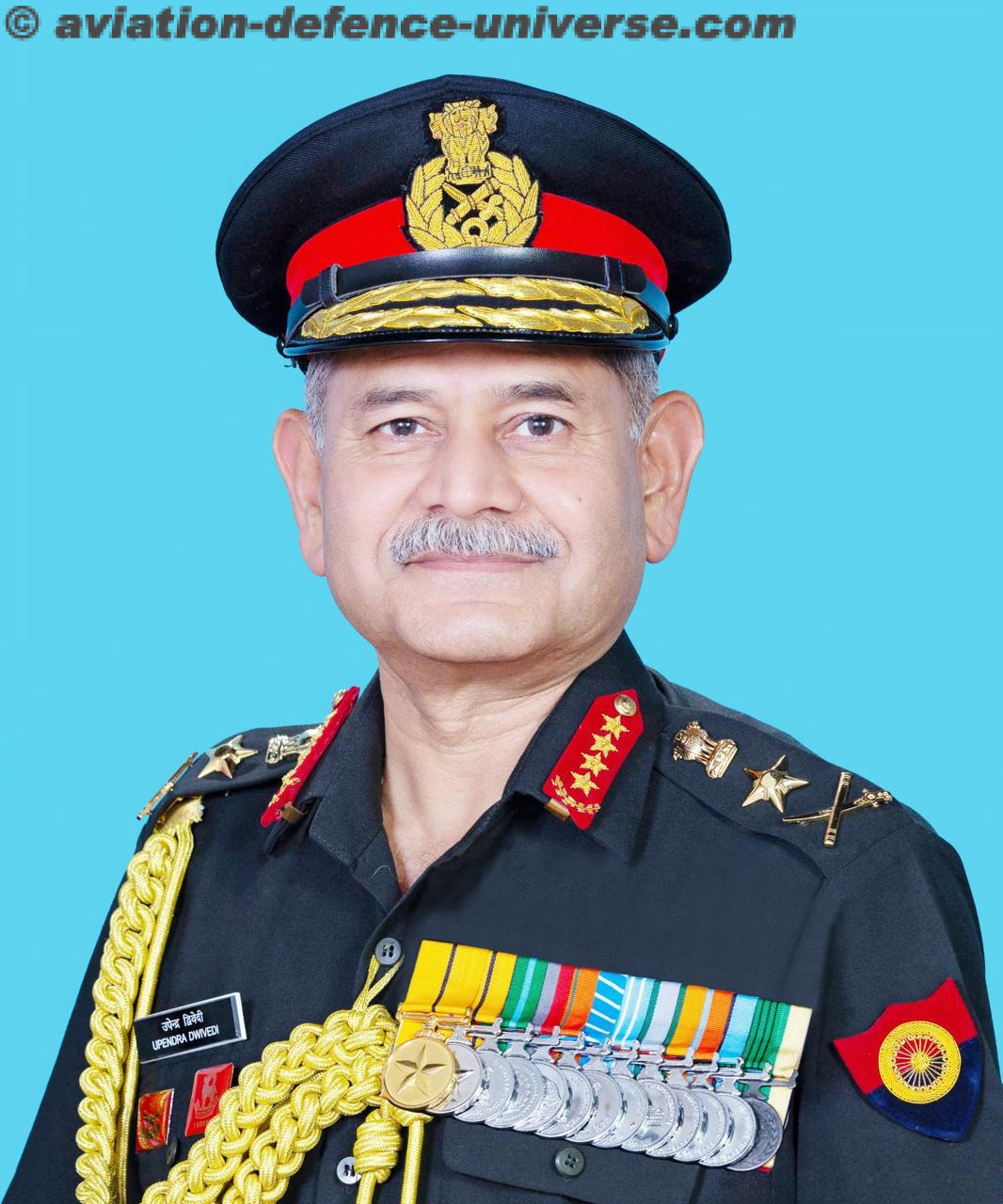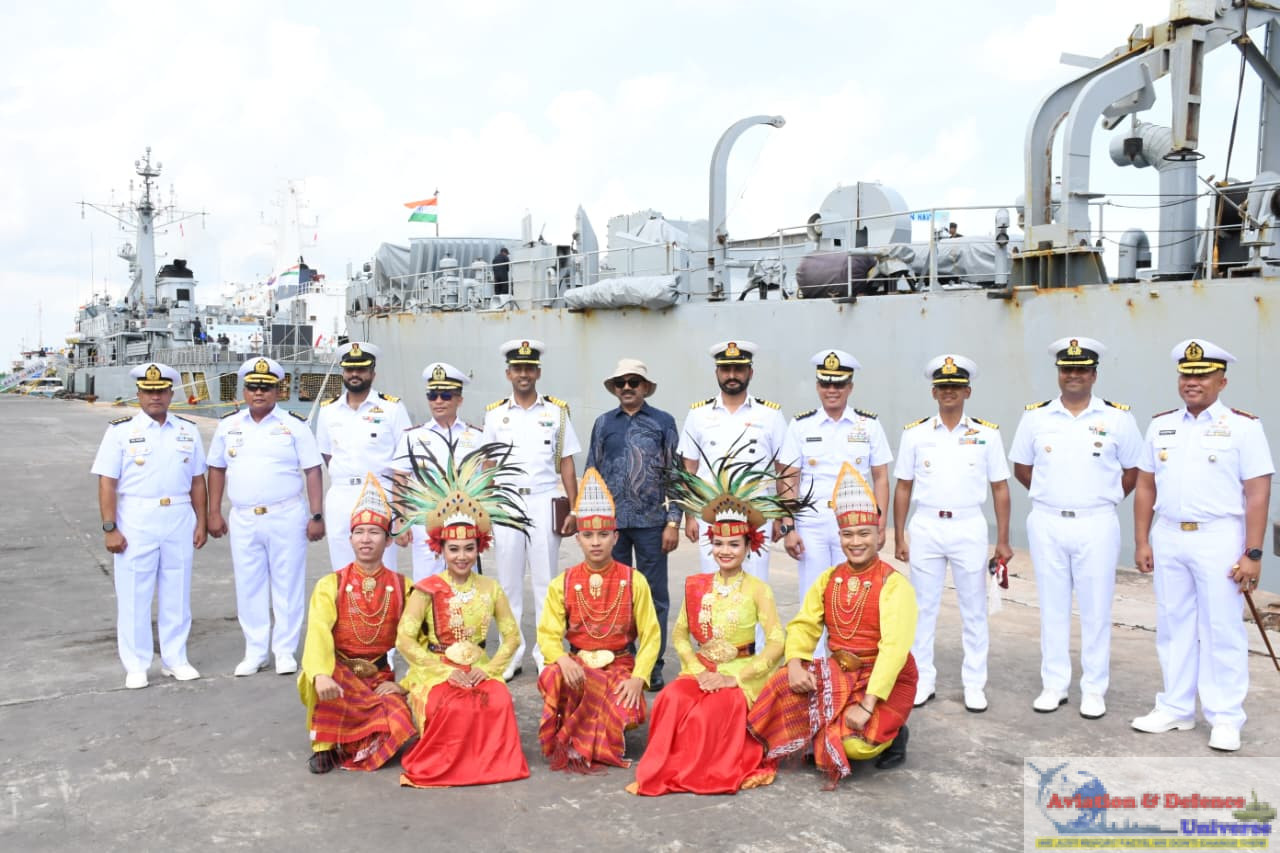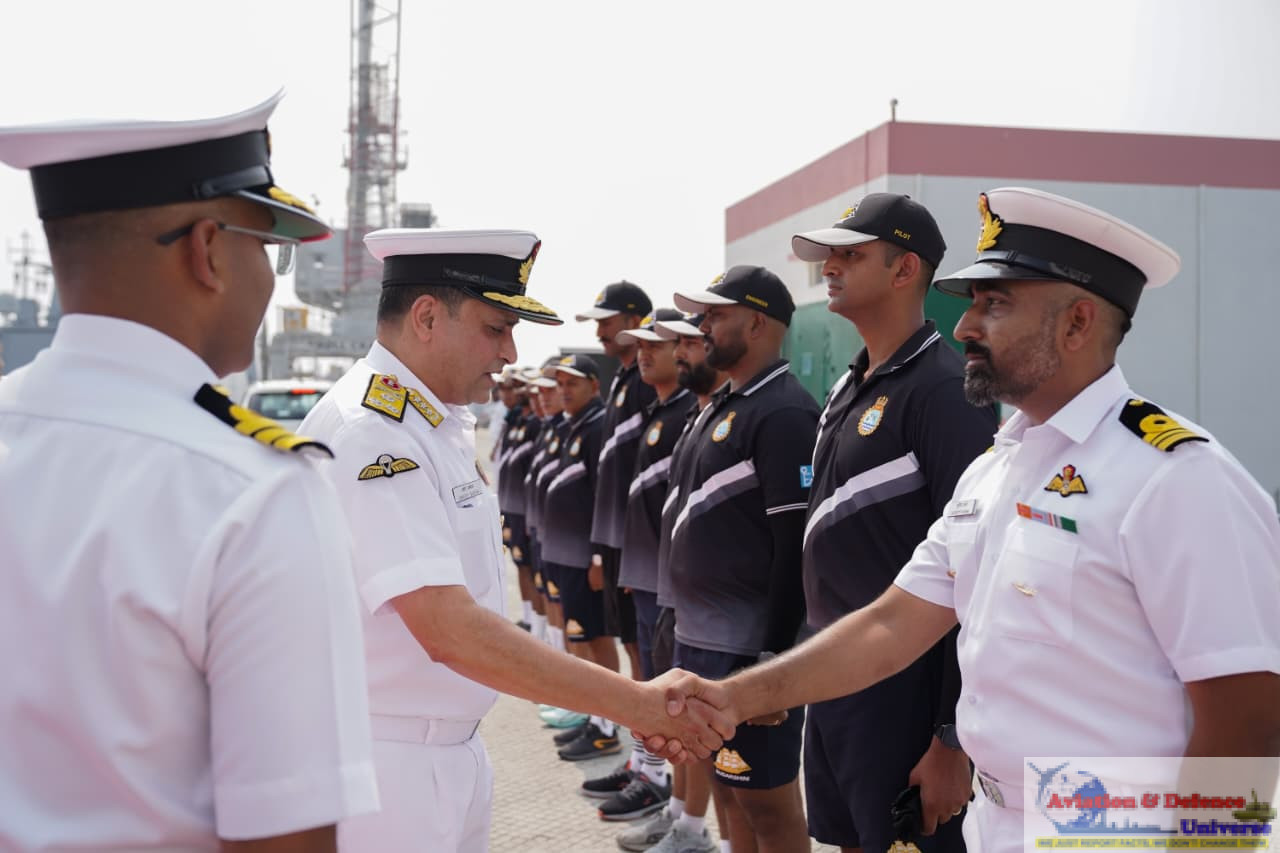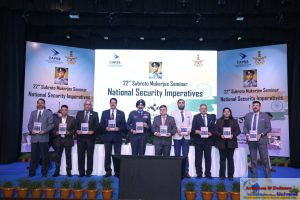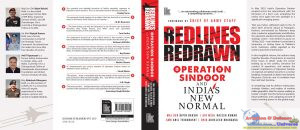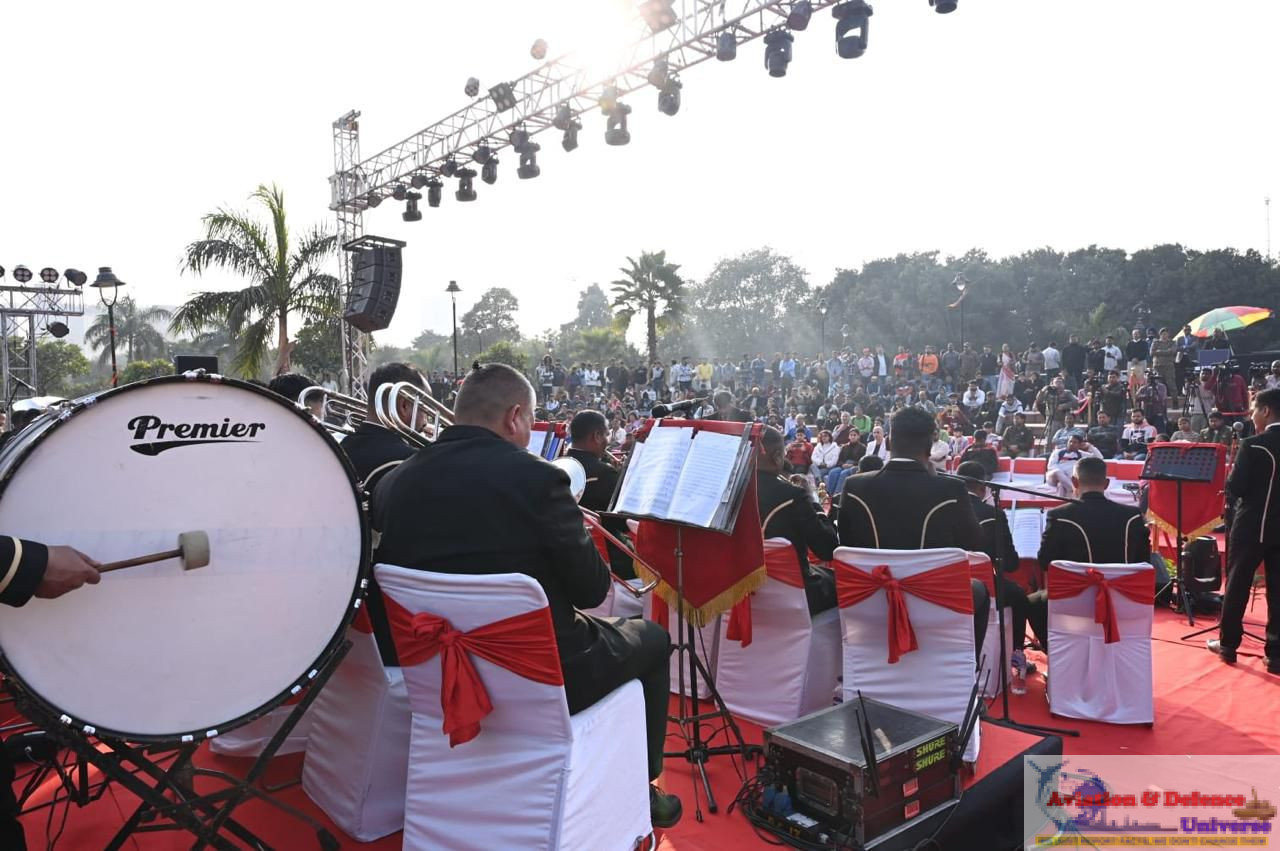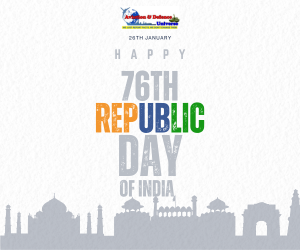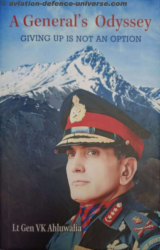 Introduction
Introduction
“It is never too late to pursue something meaningful.” With this realization, Lt. Gen. V.K. Ahluwalia embarks on a journey not just through memory, but through purpose in A General’s Odyssey: Giving Up Is Not an Option. This isn’t just another military memoir filled with dates and battles; it’s a story of a man who wore the uniform with pride, and also carried within him the weight of decisions, emotions, and the constant need to grow. Through his journey, he shares not just professional milestones, but moments of doubt, personal strength, and deep reflection. Through his detailed memories, readers get a special look into both the tough work of the Indian Army and the personal struggles of a man who decided to never give up. It does not just narrate the life of a decorated officer but also invites readers into the heart of military life, strategic thinking, and national security dynamics.
This book is divided into 5 chapters that shows the different phases of the authors life from childhood to military training, from border deployments to high level decision making in strategic roles. Written in an understandable and engaging style, the book is rich in details and marked by humility, sincerity, and wisdom. The prose is straightforward, avoiding jargon, which makes it easier for the readers unfamiliar with
military technology. One prevailing theme throughout the book is resilience, which is the ability to keep moving forward regardless of setbacks. Like the subtitle, “Giving Up Is Not an Option,” and this becomes not only the title of a book but the rule of a life led with dignity.
Early Life and Values
Ahluwalia’s early life was shaped by discipline and determination. He was born into a modest household. His parents and grandparents taught him the value of hard work, service, and education. The author spoke about his early influences and how the foundations of a career steeped in integrity and commitment were established. He recalled his formative years describing early post-independence India, and so was the young boy, who would grow into a man destined to serve the nation with distinction. His time at the National Defence Academy (NDA) is remembered with both love and respect. He talks about the tough training and strong values taught there. At NDA, Ahluwalia learned how to work in a team, lead others, stay physically strong, and handle emotional challenges.
During his long journey in the Indian Army, Lt. Gen. V.K. Ahluwalia served as the General Officer Commanding (GOC) of the 14 Corps, headquartered in Leh, which is responsible for operations in the Ladakh region. Taking charge in 2008, amid growing concerns over Chinese activities in Eastern Ladakh, he critically assessed the dual responsibility of the 3 Infantry Division managing both the Ladakh Range and the Siachen Glacier. Recognizing the operational strain, he proposed placing the Siachen Brigade directly under Corps Headquarters a significant structural change that was later approved. This decision not only enhanced focus on Eastern Ladakh but also demonstrated his vision and clarity of command. His leadership was also recognised when the 163 Field Regiment, under his command, received the Northern Command Unit Citation.
What also stands out is how versatile and courageous he was throughout his service. He didn’t just serve from a distance; he led from the front. Whether in the high mountains, dense forests, or insurgency-hit villages, he was right there with his men. From Jammu and Kashmir to the North-East, and even in areas affected by Maoist violence, he gained extensive experience in Maoist-affected regions like Chhattisgarh,
Odisha, Jharkhand, and Bihar. His observations inspired an editorial and a book titled Red Revolution 2020 and beyond. He highlights the continuous struggles of tribal communities and the positive impact of government measures in reducing violence. He was also a passionate aviator and flew helicopters in some of the toughest terrains in India proving not only his skill but also his fearless spirit.
He also reflects on the challenges of transitioning from military to corporate leadership. Drawing from his experience, especially during a talk at Reliance Industries in 2011, he highlights the parallels between military and corporate leadership, emphasizing the importance of empathy, human psychology, and decision-making.
After giving decades of his life to the Army, Lt. Gen. Ahluwalia retired as the General Officer Commanding-in-Chief (Army Commander) of the Central Command in March 3 2012. But even after retirement, his service to the nation didn’t stop. He continued contributing by taking up the role of Member at the Armed Forces Tribunal (AFT), Jaipur Bench, where he worked to ensure justice and fairness for fellow soldiers.
One of the best parts of the book is its balanced view. Instead of praising violence, the General focuses on the need to win people’s trust, support development, and solve the real reasons behind people’s anger and alienation. His way of thinking is not only smart and strategic but also kind and caring.
Post-Retirement Contributions and Thoughts on Leadership
After retiring from the Army, Lt. Gen. Ahluwalia did not disappear from public life. Instead, he stayed actively involved in national issues, especially through his work with the Centre for Land Warfare Studies (CLAWS), one of India’s top defense Think Tanks. As the Director of CLAWS, he wrote in detail about important topics like terrorism, insurgency, border security, and internal safety.
His writings during this time show that he is not just an experienced soldier but also a thoughtful and intelligent thinker. He always supports a combined approach to dealing with threats inside the country using military action along with better governance and help from civil society. He discusses how India should deal with problems like LeftWing Extremism and militancy in Kashmir in a balanced and long-term way.
The book also offers deep and well-researched ideas about how warfare is changing, the rise of hybrid threats (like cyber-attacks mixed with terrorism), and why it’s important for India to modernize its military without losing its commitment to democracy and human rights. His role after retirement as an advisor and strategic thinker makes the book more than just a story of his life. It becomes a guide for future leaders and decision-makers.
The Human Side of Soldiering
What makes this autobiography truly powerful is the emotional and personal touch in the story. Lt. Gen. Ahluwalia talks openly about his family, their sacrifices, and the emotional struggles that come with a life in the armed forces. Moving from one place 4 to another, staying away from loved ones for long periods and living with the fear of danger are not just the soldier’s reality but also that of their family. Through his writing, readers can feel the strength and courage not only of the General but also of his family members who supported him throughout.
He also shares heartbreaking stories of losing fellow soldiers, dealing with his own injuries, and comforting the families of those who lost their lives. These parts of the book are very emotional and show the silent pain and emotional burden carried by those who serve in the military.
Beyond the Battlefield
Imagine standing at the edge of a conflict zone not with a weapon in hand, but with the intention to listen, connect, and build trust. This is the kind of picture Lt. Gen. Ahluwalia paints through his stories. One of the most striking strengths of his narrative is how it pulls back the curtain on the inner workings of the Indian Army. It doesn’t just show uniforms and battles; it reveals values, decisions, and adaptability in action. It
breaks stereotypes, portraying the soldier not just as a fighter but as a protector, a thinker, and a problem-solver. he brings to life the discipline, deep friendships, and unwavering mission that define the spirit of military service. His experiences with villagers in tense regions, organizing community welfare programs, and involving young minds in nation-building reflect the Indian Army’s role beyond the battlefield. These moments are a powerful reminder of the importance of civil-military harmony especially in a democracy like India, where both strength and sensitivity must go hand in hand.
Conclusion: A Must-Read for All
A General’s Odyssey: Giving Up Is Not an Option being more than just a soldier’s story it’s a journey of courage, discipline, and deep love for the country. It’s a book not only for those curious about military life, but for every young Indian who wants to understand what true service, integrity, and leadership look like.
Lt. Gen. Ahluwalia doesn’t just tell us about his life he shares valuable lessons on how to lead with heart, act with courage, and stay strong in the face of challenges. His story shows us that real strength lies not only in power, but in patience, compassion, and purpose. In a time when India needs leaders who are bold, wise, and kind, this book lights the way. It stands as a proud salute to the Indian Army and a heartfelt message to the nation: never give up not in service, not in spirit, and never in the love for one’s country.
Reviewed By
Ms. Monika Kumari
Research Intern
CENJOWS








